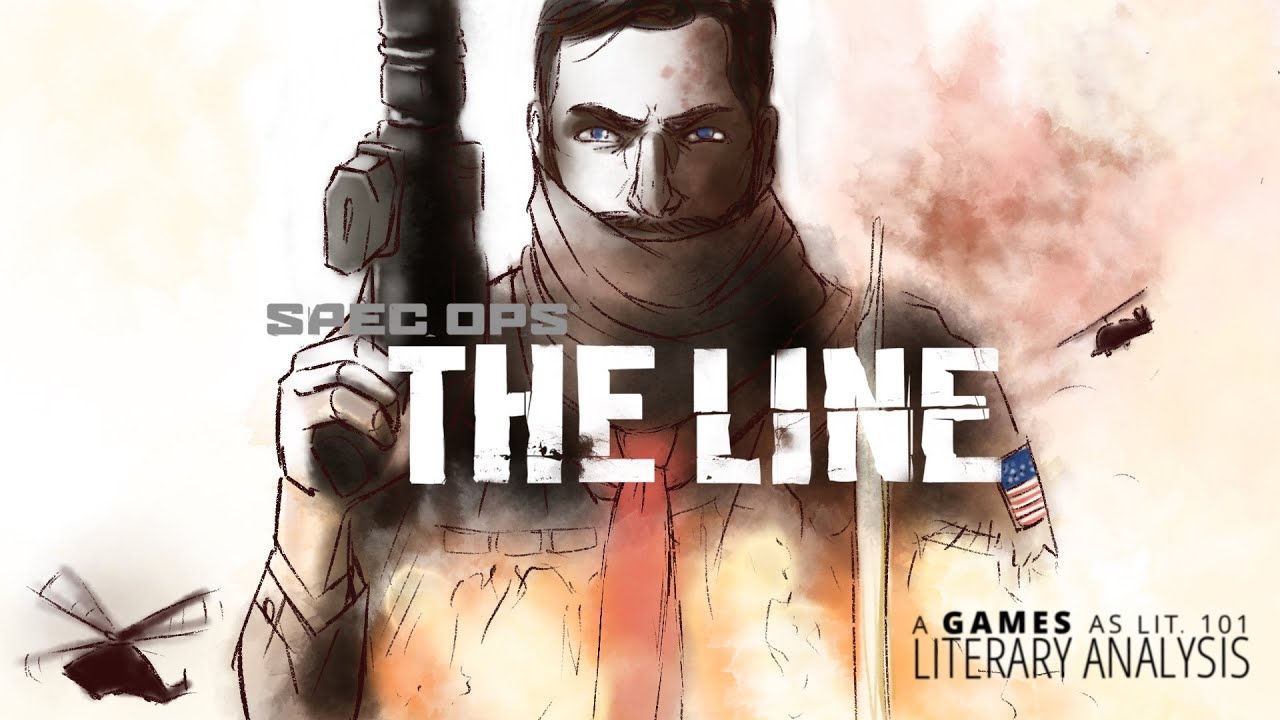The whole video is worth watching, but this section in particular makes a better case than I’ve seen in other analyses: that the game condemns player involvement not by simply chastising the player for choosing to continue playing itself (as I’ve seen other analyses argue), but rather for carelessly and uncritically engaging with the power fantasy that games like this cater to.



Earlier in this video, Games as Literature does tie the “none of this would have happened if you’d just stopped” theme (i.e., the “hero” is the cause of the problems or at least a driving force for their exacerbation) as inherited from its direct inspirations: the Heart of Darkness novel and Apocalypse Now. So in the broader scope, the game is still addressing the original works’ anti-imperialist and anti-war themes while also adding the gaming industry meta-criticism.
But you make a good case that Yager added that extra layer clumsily by failing to direct its own additions with appropriate precision. Honestly, when I played this game a few years after its release, I interpreted it much the same way that you have here. But as I was watching this video I felt the pieces fit really well and just thought it was a really interesting perspective.
The general anti-war and anti-imperialist themes as well as the deconstruction of the military action hero that simply charges guns blazing are definitely well done. While I don’t think their metafictional message is quite as refined and well directed, it was sure impactful regardless.